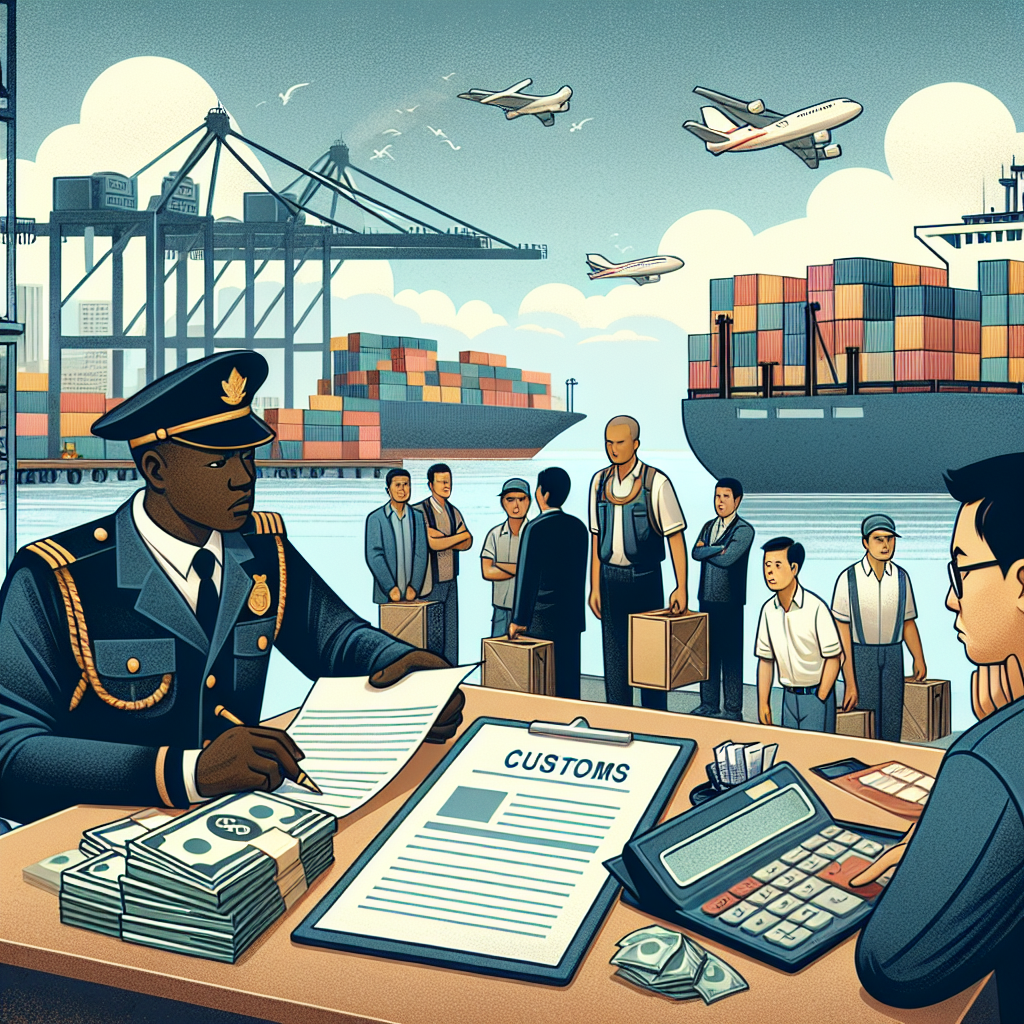Finance Deputy Minister Ashor Sarupen has expressed concern over the slow progress in achieving the United Nations Sustainable Development Goals (SDGs), describing the global community’s struggle as "disappointing." Speaking at the 91st session of the World Customs Organisation (WCO) Policy Commission in Cape Town, Sarupen highlighted the critical role of Customs administrations in advancing the SDGs and called for a renewed global commitment to their achievement.
Sarupen referred to the 2024 Annual SDG Report Card, which revealed that nearly half of the 17 SDG targets are showing minimal or moderate progress, while over one-third are stalled or receding.
“This does not bode well for developing countries, and its relevance cannot be lost to the WCO, since three-quarters of your 186 members are developing countries,” Sarupen said.
The SDGs, adopted in 2015, are a global blueprint to end poverty, protect the planet, and ensure peace and prosperity for all by 2030. Sarupen emphasized that trade facilitation—the cornerstone of Customs administrations—is essential for economic growth, poverty eradication, job creation, and investment in education.
Role of Customs in Achieving SDGs
The World Customs Organisation (WCO), established in 1952, now represents 186 Customs administrations that process approximately 98% of global trade. Sarupen highlighted Customs' integral role in addressing transnational crimes, enabling economic growth, and fostering global cooperation to meet the SDGs.
“No single country, jurisdiction, or organization can move closer to achieving the SDGs alone. Only through global solidarity and universal commitment can these goals be met. Customs must act as a vital partner in this mission,” Sarupen asserted.
South Africa’s Lessons and Recommendations
Reflecting on South Africa’s experience, Sarupen stressed the importance of a whole-of-government and whole-of-society approach to tackling poverty, inequality, and transnational crimes.
“To combat cross-border financial, economic, or customs crimes, deliberate cooperative solutions are essential. Similarly, the WCO must expand its networks and leverage global assistance to strengthen its capacity to serve members and achieve its mandate,” he noted.
Sarupen also called for introspection within the WCO, urging it not to become complacent or shift focus to trendy priorities without evaluating the effectiveness of its work to date.
A Call for Bold Action
While commending the WCO for its efforts, Sarupen challenged the organization to address gaps in its operations and do more to align its work with SDG objectives.
“Customs is not just about trade facilitation; it is about enhancing lives, eradicating poverty, and ensuring dignity for all. The fight for the SDGs demands urgent and bold action from all of us,” Sarupen concluded.
Strengthening WCO's Global Impact
In addition to his remarks, Sarupen highlighted South Africa’s initiatives to bolster regional trade and combat illicit trade. He called for the WCO to prioritize capacity building for developing nations, increase support for innovative customs technologies, and expand partnerships with international bodies like the World Trade Organisation (WTO) and the African Continental Free Trade Area (AfCFTA).
The session concluded with a renewed commitment from WCO members to strengthen their cooperation and align their operations with the broader objectives of the SDGs, ensuring that Customs administrations remain pivotal in advancing global prosperity.











